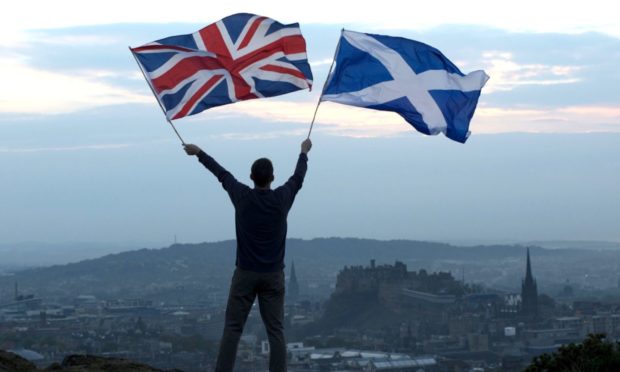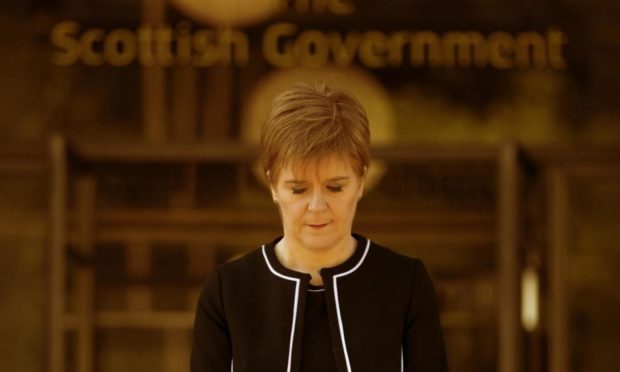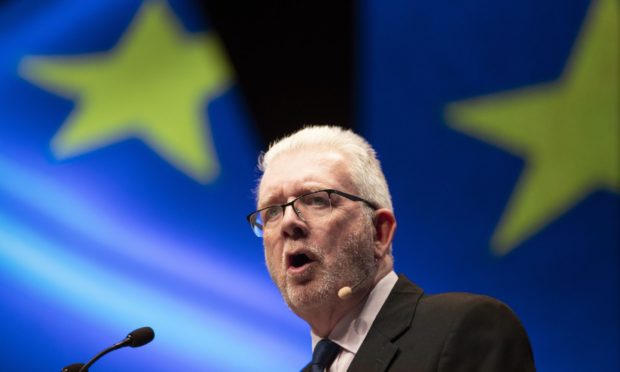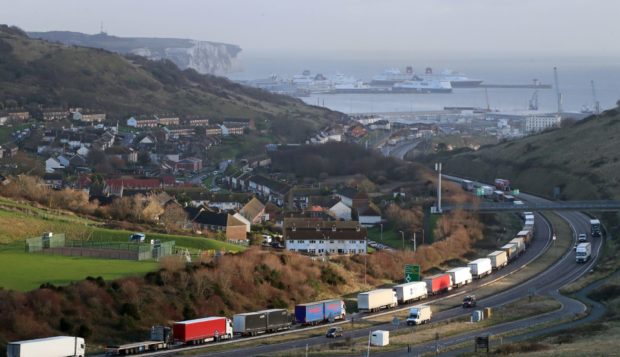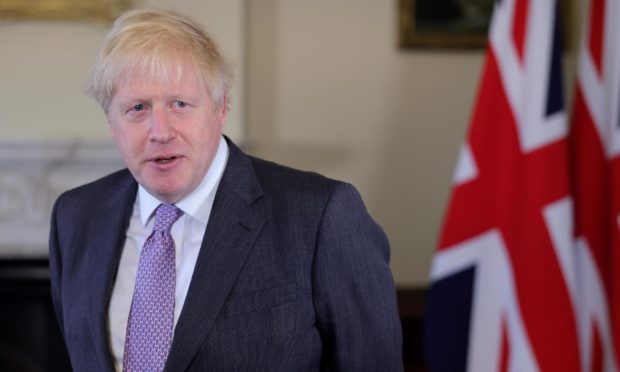The relationship between the nations of these islands has ebbed and flowed for millennia, whether combatants or comrades, competitors or commercial partners, Britain has seen it all.
For the last 300 years, relations between three of Great Britain’s nations has been markedly stable – with the 1707 Act of Union cementing England, Wales and Scotland in one United Kingdom.
The Act’s 25 articles saw the creation of the UK Parliament, unification of the crowns and provided for a common travel and trade area.
Enduring though the Act has been, its future is looking more uncertain with each passing year.
Poll after poll has shown a majority of Scots now support a second independence referendum and a majority consistently back Nicola Sturgeon’s SNP.
If the stars do align for her party and there is a yes vote, there will be an avalanche of questions to answer and details to be worked out.
As Brexit has proven, dissolving and reimagining longstanding international relationships is problematic – none more so than on the issue of borders.
Questions over a hard Scotland-England border are not new, it was discussed at length during the first referendum campaign, in 2014.
Unionists persuasively advanced that with Scotland outside the UK and therefore the EU, a hard border would be necessary to protect the single market and customs union. It logically follows, therefore, that an independent Scotland, inside the EU, would have to have a hard border with a UK outside – or would it?
The Republic of Ireland
Michael Keating, politics professor at Aberdeen University, is not so sure. “The relative comparator here is the Republic of Ireland and its relationship with the UK; it’s in the common travel area and there’s freedom of movement, that could be negotiated with Scotland.
“And, if an independent Scotland were to be part of the European Union, there would be no tariffs on trade, but there would be the restrictions that apply currently to the Republic of Ireland, that is that there have to be checks on product standards to make sure that goods have met the requirements of the EU and the UK.
“That probably wouldn’t be too difficult, unless the UK was to diverge from European standards, which seems unlikely.”
Prof Keating added that Scottish financial firms would also be able to continue to operate in London, given what the UK Government has agreed with Brussels.
“The UK has made equivalence decisions and has given the European finance sector access to London and is accepting European regulations because it wants them to come here.
“Assuming that the UK sticks to that, Scottish financial firms will be able to operate in London.
“So, you can find ways to mitigate the border; there would be a border but it could be mitigated in a way that the border between the Republic and Northern Ireland can be managed.
“In that way, the trade deal with the EU does make it easier for an independent Scotland because you wouldn’t have tariffs.”
Prof Keating acknowledged that the sequencing would be “very, very complicated”, but said there could be a “transition to an independent Scotland and that could also transition to EU membership”.
Common travel area
Scottish Constitution Secretary Michael Russell agreed with Prof Keating’s analysis, suggesting a lengthy transition to EU membership would be sought.
He said: “Despite Brexit, the ability of British and Irish citizens to move freely between the UK and Ireland is unaltered because of the common travel area. Following independence for Scotland there is no reason whatsoever that these arrangements cannot and will not continue across the British Isles.
“The rest of the UK, as our closest friends, will always be an important trading partner for Scotland but as an EU member state in our own right we would also be inside a market of 450 million people, which is around seven times that of the UK, and which will offer huge economic and job opportunities for people in an independent Scotland.”
Mr Russell told us the lessons from Brexit would be learned and that the Scottish Government would ensure “proper preparation takes place”, he said.
Borders border
Many are yet to be convinced of such claims, however, with images of queuing lorries and reports of Brexit border chaos all too real.
Jess Sargeant, a senior researcher at think tank Institute for Government, told us that in the event of Scexit, many of the checks currently taking place in Kent could potentially arrive in the Borders.
“There would need to be customs formalities, there would potentially be tariffs, goods would certainly need to meet rules of origin requirements and there would need to be a lot of checks to make sure that goods comply with EU law, the most extensive of those obviously being on agri-food,” Ms Sargeant said.
She added: “You could have a case where you have an asymmetric border on Great Britain, with no checks on goods going from Scotland to England, but checks on goods going from England to Scotland – much like the Northern Ireland protocol.
“It is also possible that you could have free movement of goods on the island of Great Britain, but then Scottish goods would have to prove that they complied with EU rules when entering the EU, that would basically undermine most of the benefits of EU membership to Scotland.”
“It would not be a seamless or easy task,” she said.
Indeed, as calls grow for a second referendum, so too do demands for details on what an independent Scotland would look like.
Boris Johnson has previously speculated whether the party’s “crackpot plan” would result in “borders at Berwick”.
“Do you want to scrap the Army, scrap the pound, scrap the Queen, scrap the bomb — what is it?,” the prime minister shot at an SNP MP during a liaison committee evidence session on Wednesday.
While Ms Sturgeon has been clear she would want no such thing as border guards and checks, until a border proposal is made, the questions will continue.
The Scottish Tories are in no doubt that any plan for separation would cost hundreds of thousands of jobs.
The party’s shadow constitution spokesman, Dean Lockhart, told us: “The SNP’s plans for separation would result in a hard border at Berwick, impacting trade with our biggest economic partner and risking more than 500,000 Scottish jobs that depend on the UK internal market.
“For the SNP to push for another referendum is totally wrong in the middle of a pandemic when we are all focused on fighting Covid-19.”
